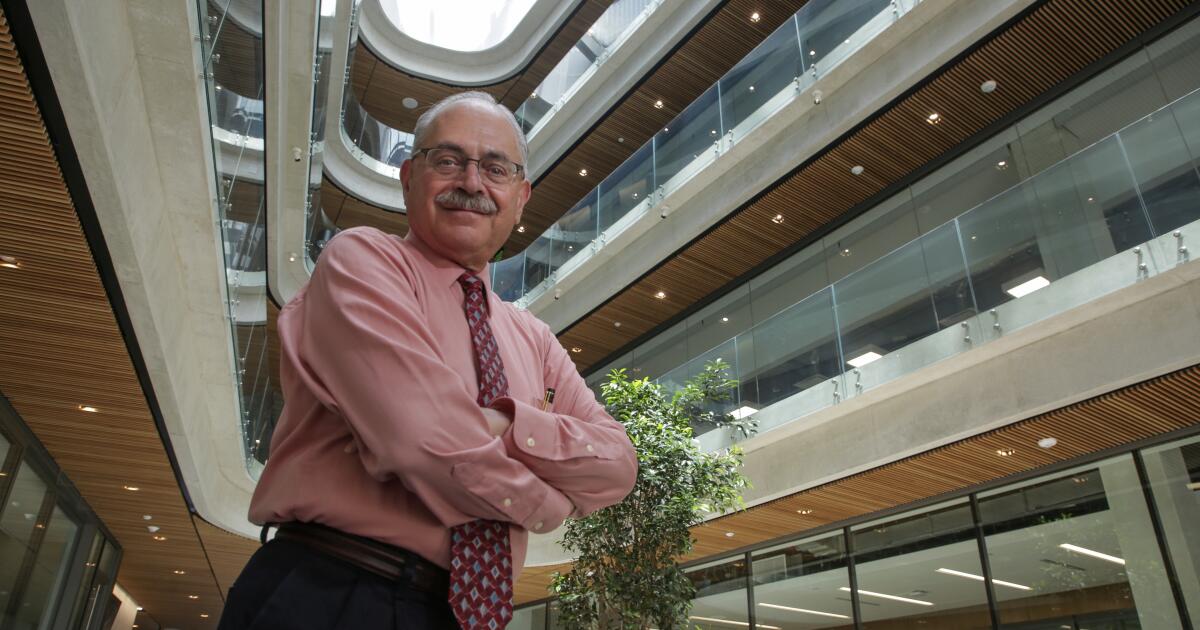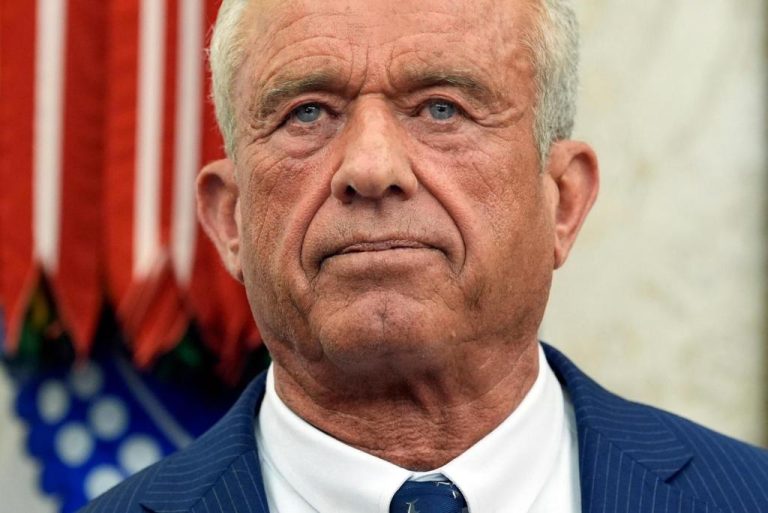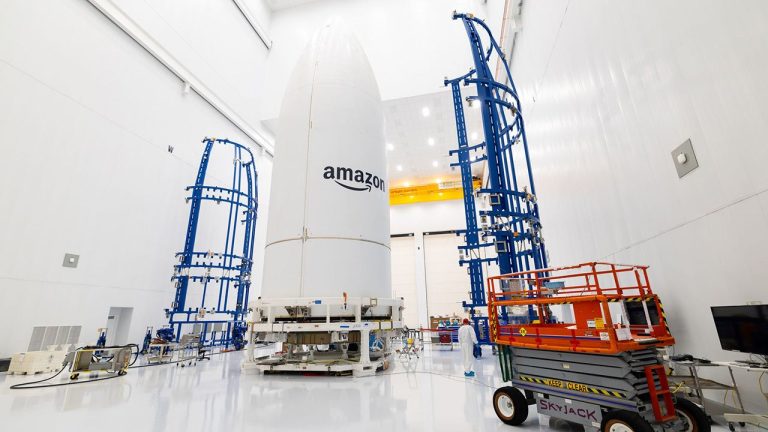
Albert Pisano, who has raised nearly $400 million as dean of engineering at UC San Diego, helping the school expand its research into everything from computer chips to earthquake-proof buildings to flying taxis, says he will retire in late June.
The announcement comes during his 11th year as head of the Jacobs School of Engineering, which has been ranked among the 10 best engineering programs in the country three times by U.S. News and World Report during his tenure.
Pisano has spent 41 years in the University of California system in various teaching, research and leadership posts and plans to continue working in the San Diego area after moving on.
“I’m exploring a couple of interesting opportunities at the intersection of technology, policy and education,” said Pisano, a 69-year-old mechanical engineer. “I’m not the kind of guy that’s going to take up gardening and skywatching.”
Pisano was recruited from UC Berkeley in 2013 and quickly moved to expand the faculty to handle extraordinary growth. The program had 5,800 students in 2010. By the time he arrived the figure was close to 9,000. Today, Jacobs has about 9,800 students, making it the largest public engineering school in California.
Pisano’s hires include Henrik Christensen, a prominent computer scientist and engineer who was named director of the newly-created Contextual Robotics Institute. The program helps develop machines to interpret what people are thinking, doing and feeling, which is useful in fields as diverse as health care and national defense.
He also deepened the school’s ties with software and technology companies, notably San Diego-based Qualcomm, the world’s largest cellphone chip maker.
Qualcomm’s co-founders include Irwin Jacobs, the school’s namesake, and Franklin Antonio, who donated $30 million toward the development of a $180 million, cathedral-like engineering center that specializes in chip technology, renewable energy, wearable sensors and digital privacy.
Antonio Hall, as the new center is known, is rapidly becoming known as a hub for research meant to improve the human condition. Neuroscientist Ratnesh Lal recently published a paper that says that he and other scientists have developed a handheld device to spot biomarkers associated with Alzheimer’s and Parkinson’s diseases.






